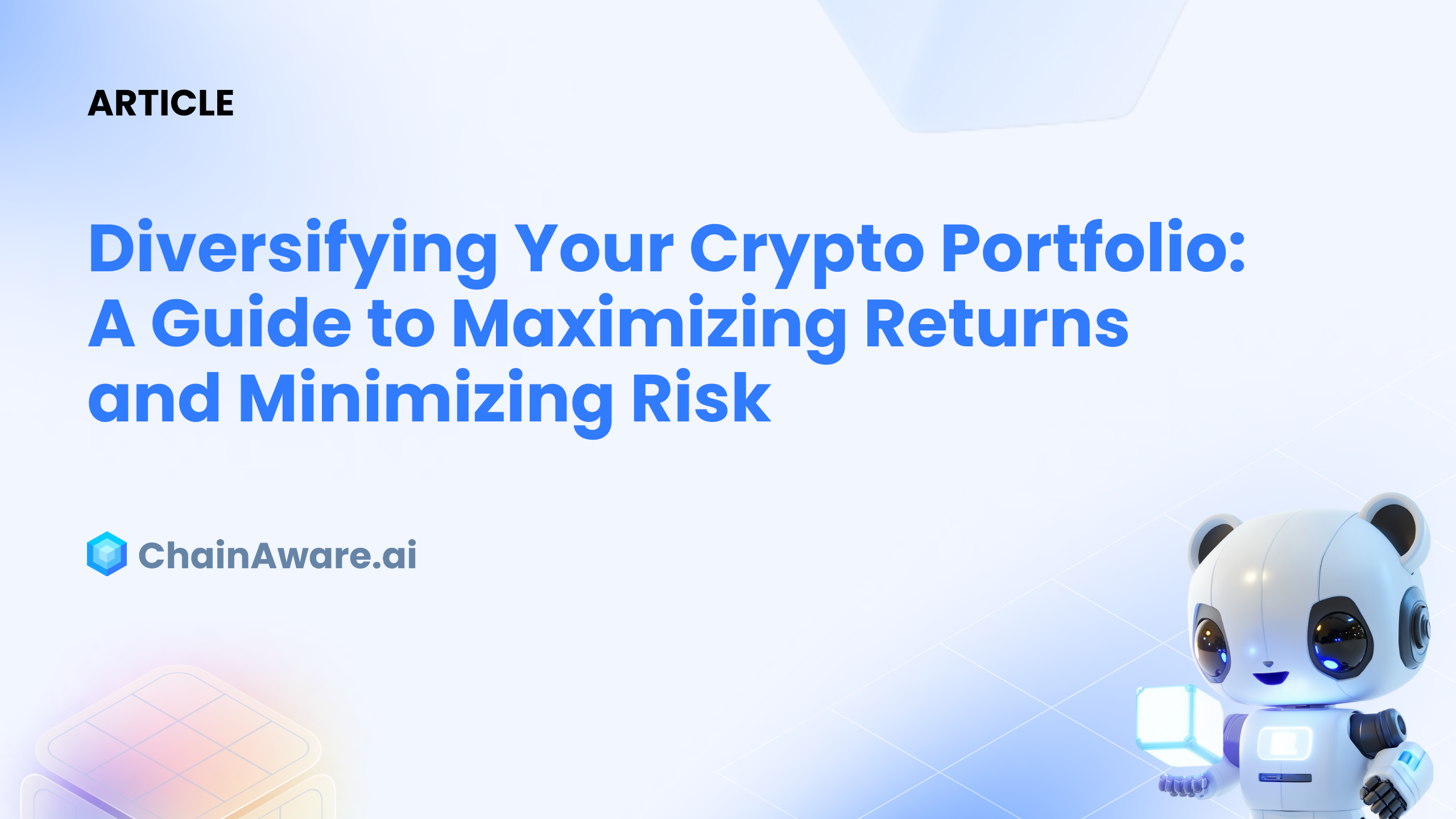As cryptocurrency continues to revolutionize the financial landscape, understanding how to protect your digital assets is becoming increasingly important. Let’s delve into the essential crypto cyber security tips to help you navigate this promising yet perilous realm safely.
Understanding the Basics of Cryptocurrency
Before we proceed, it’s crucial to have a basic understanding of what cryptocurrency is and how it works.
What is Cryptocurrency?
Cryptocurrency, in simple terms, is a digital or virtual currency that utilizes cryptography for security. It’s not regulated by any central authority, making it immune to government interference. Bitcoin, Ethereum, and Ripple are among the popular cryptocurrencies available today.
How Cryptocurrency Transactions Work
Cryptocurrency transactions are made directly between users on the blockchain, an open, decentralized ledger. These transactions are verified by network nodes and recorded in the blockchain through cryptography, providing an added layer of security.
The Importance of Cyber Security in Cryptocurrency
Due to the digital nature of cryptocurrencies, they are not immune to cyber threats. This is where the importance of cyber security comes in.
Cyber Threats in Cryptocurrency
Cryptocurrency cyber threats include phishing, hacking, ransomware, and fake ICOs (Initial Coin Offerings). These can lead to significant losses and, in some cases, complete depletion of your digital assets.
Learn more: Crypto fraud and scams
Notorious examples of cyber attacks in the cryptocurrency world are numerous. In 2014, Mt. Gox, a prominent Bitcoin exchange at the time, faced a major hack where about 740,000 Bitcoins were stolen, leading to its eventual bankruptcy.
Top 10 Crypto Cyber Security Tips
To ensure the security of your cryptocurrency, here are ten essential tips you should follow.
1. Use Hardware Wallets
Hardware wallets are physical devices designed to securely store cryptocurrencies offline, commonly referred to as “cold storage.” They come in the form of USB devices that can be easily connected to a computer when needed. Some popular hardware wallets include Ledger Nano S and Trezor. Hardware wallets offer enhanced protection because they aren’t constantly connected to the internet, reducing the risk of online attacks such as hacking or phishing. Additionally, these devices often require a pin for access, providing an extra layer of security.
2. Keep Your Software Updated
Developers routinely update cryptocurrency software, wallets, and apps to address security vulnerabilities that hackers could potentially exploit. Therefore, regularly updating your software is critical for keeping your digital assets safe. Make sure to only download updates from official sources to avoid malicious software disguised as updates.
3. Use Two-Factor Authentication (2FA)
Two-Factor Authentication is a security measure that requires two types of identification before granting access to an account. In most cases, this involves a password and a secondary code sent to a trusted device, like your phone. Implementing 2FA significantly enhances the security of your cryptocurrency accounts as it adds a robust second layer of defense that can keep hackers at bay, even if they manage to get your password.
4. Be Wary of Phishing Attempts
Phishing is a common online scam where attackers pose as legitimate institutions to trick individuals into providing sensitive data, such as passwords and credit card numbers. In the crypto world, phishing attacks often involve fake websites or emails impersonating crypto exchanges. Always double-check the URLs of websites and the senders of emails, particularly when they prompt you for sensitive information.
5. Never Share Your Private Keys
Private keys are like the keys to your safe; they allow full access to your cryptocurrency. Anyone with your private key can make transactions with your digital assets, so you should never share them with anyone. If you lose your private key, you lose access to your cryptocurrency. Always store your private keys in a safe, secure location, and consider making offline backups.
6. Regularly Monitor Your Accounts
Stay vigilant and monitor your accounts regularly. Checking your accounts frequently allows you to identify any unauthorized transactions or suspicious activities quickly. If you spot any unusual activity, it’s important to contact your wallet or exchange provider immediately to rectify the situation. You can even set up transaction alerts to receive notifications of any movements in your account.
7. Use a Secure and Reliable Internet Connection
Public Wi-Fi networks are often unsecured, making them a prime target for cybercriminals. As such, it’s advisable to use a secure and reliable internet connection when dealing with your cryptocurrencies, especially when making transactions. If you need to access your crypto account in public, consider using a reputable Virtual Private Network (VPN) to encrypt your connection.
8. Educate Yourself About the Latest Cyber Threats
The landscape of cyber threats is always evolving. What worked as a security measure yesterday might not work today. Thus, it’s important to stay informed about the latest threats in the crypto world. Participate in online forums, follow trusted crypto security blogs, and join crypto communities to stay abreast of the latest information.
9. Backup Your Wallets
Just like any other digital data, your crypto wallets could be lost due to hardware failure, software errors, or even human mistakes. Regular backups can help you restore your digital wallets in such events. It’s recommended to store these backups in multiple locations and, if possible, keep a hard copy in a secure place.
10. Use Strong and Unique Passwords
Last but certainly not least, a strong and unique password acts as your first line of defense against cyber threats. Avoid using easily guessable passwords such as “123456” or “password.” Instead, opt for complex passwords with a mix of upper and lower case letters, numbers, and special characters. Also, do not reuse the same password for different accounts. Consider using a reputable password manager to help generate and store complex passwords securely.
Bonus: Always Use ChainAware.ai to verify
Verify wallet addresses and transactions before making a move with ChainAware.ai and check the fraud probability of the given wallet address. This will add an additional layer of security to your cryptocurrency experience.
Conclusion
Maintaining good cyber hygiene is essential as cryptocurrencies continue to shape the financial world. By following these crypto cyber security tips, you can ensure your digital assets are well-protected.
FAQs
What is the safest way to store cryptocurrencies?
The safest way to store cryptocurrencies is by using hardware wallets, which store your crypto offline.
What are the common cyber threats in the crypto world?
The most common cyber threats include phishing, hacking, ransomware, and fake ICOs.
What is Two-Factor Authentication (2FA)?
2FA is a security measure that requires two forms of identification, significantly enhancing the security of your accounts.
How often should I monitor my crypto accounts?
It is recommended to monitor your accounts regularly, preferably daily, to quickly detect any unauthorized activities.
Why is backing up crypto wallets important?
Backing up your crypto wallets protects your digital assets against potential threats like computer failure or human error.







